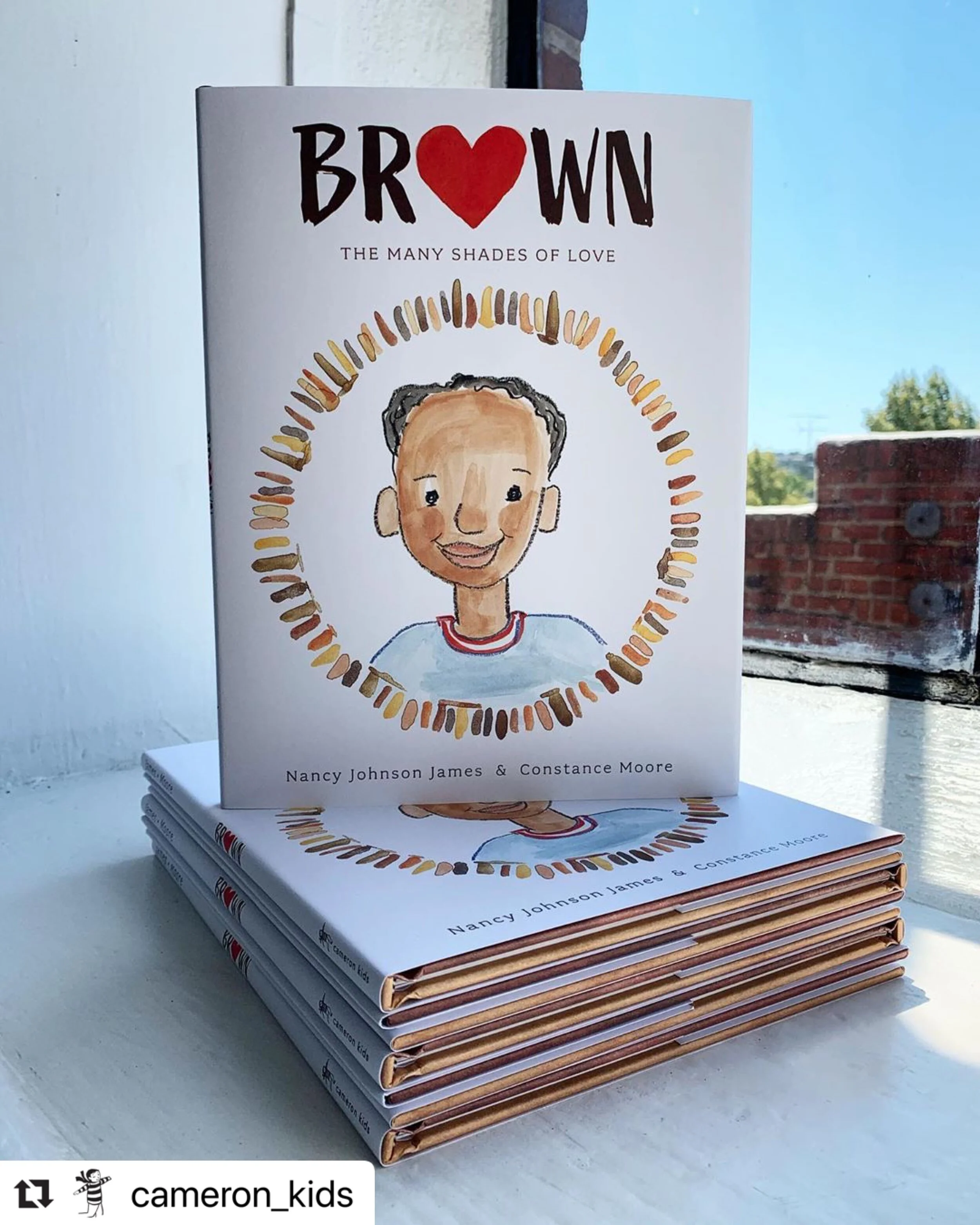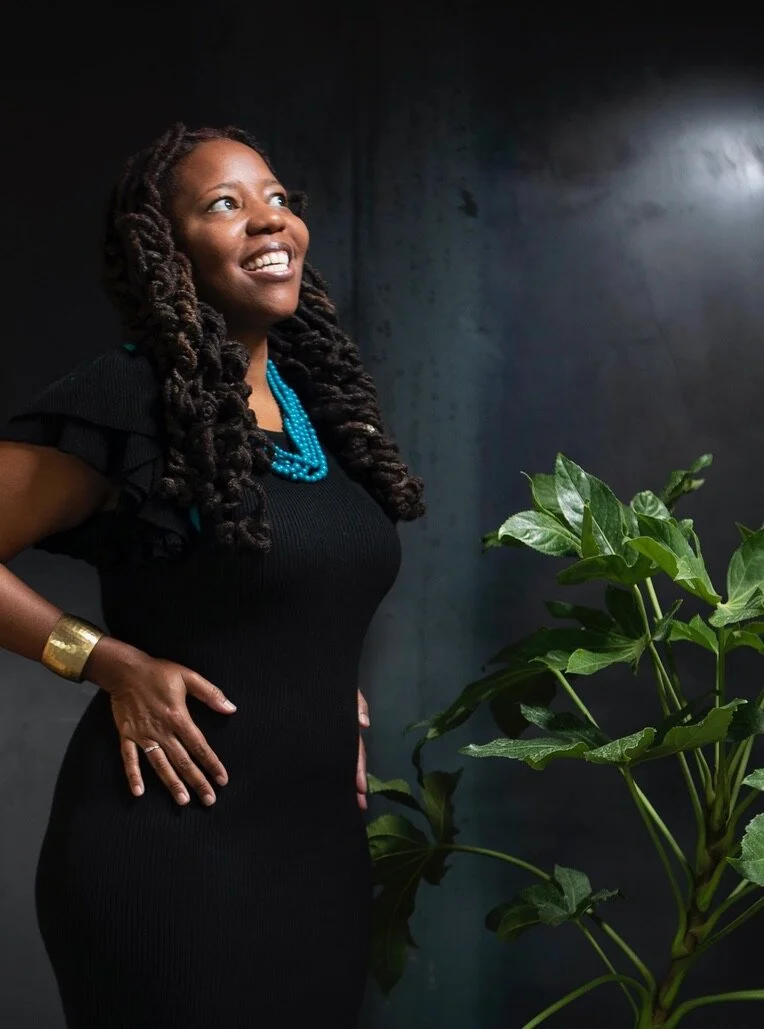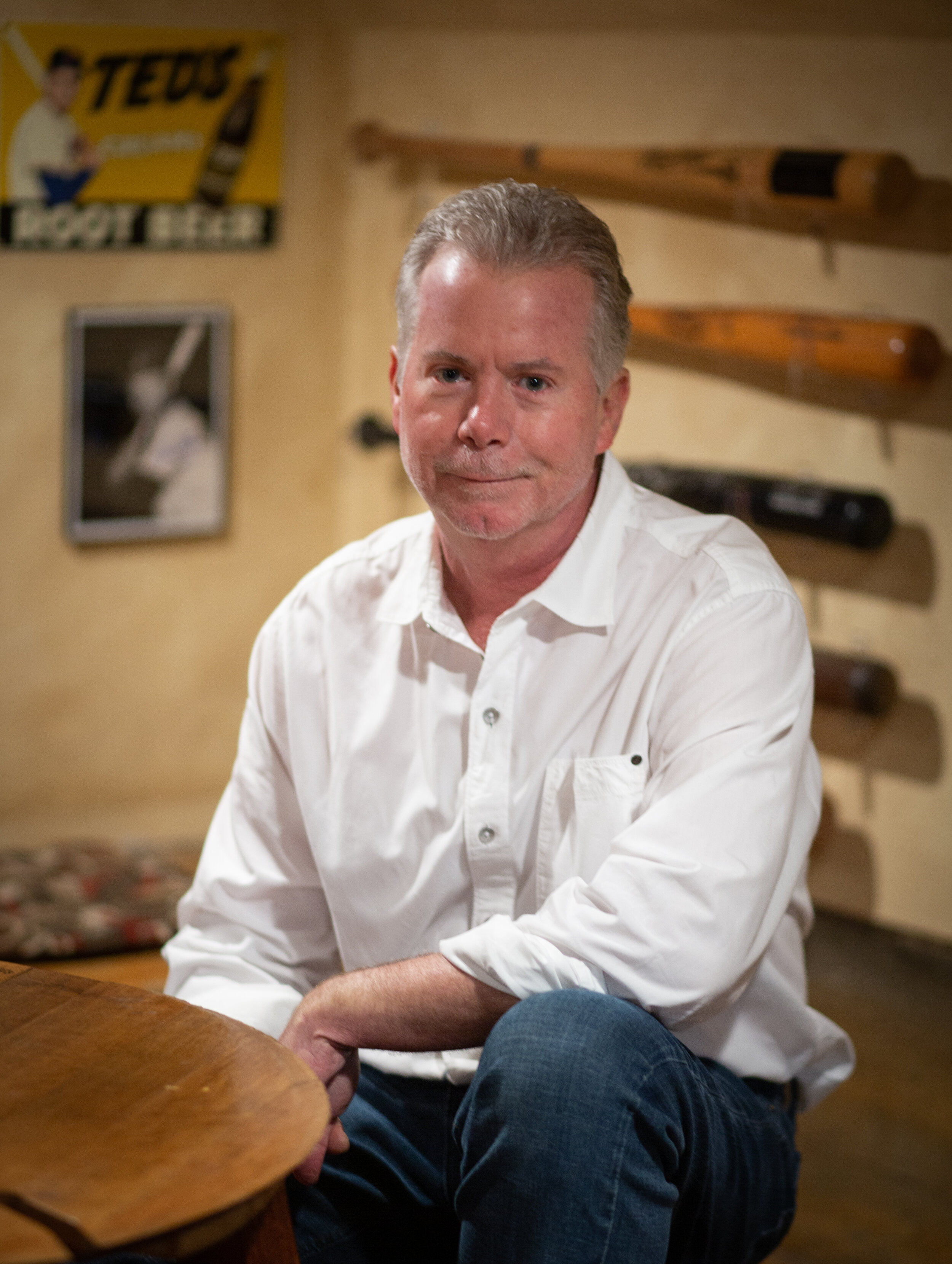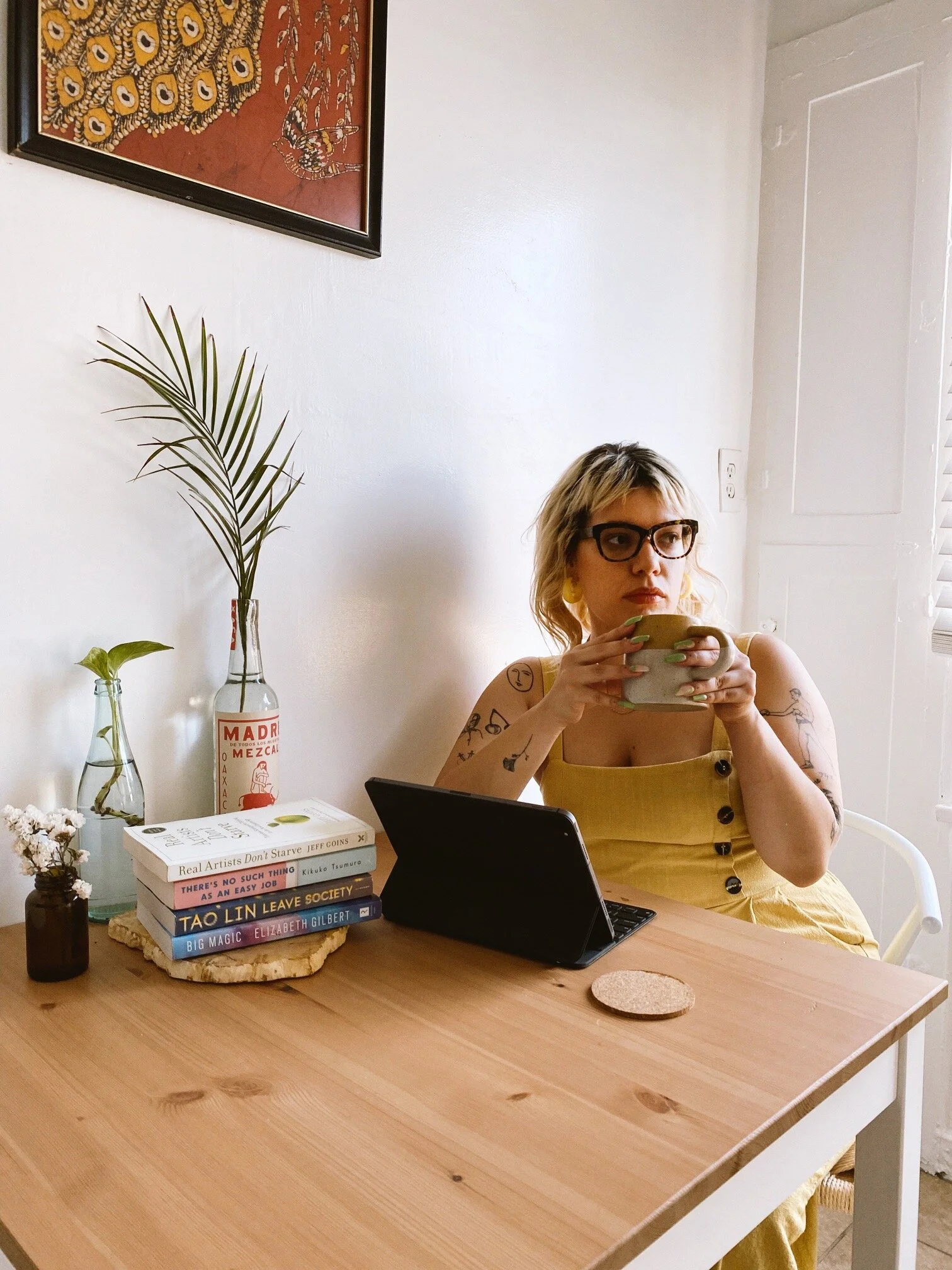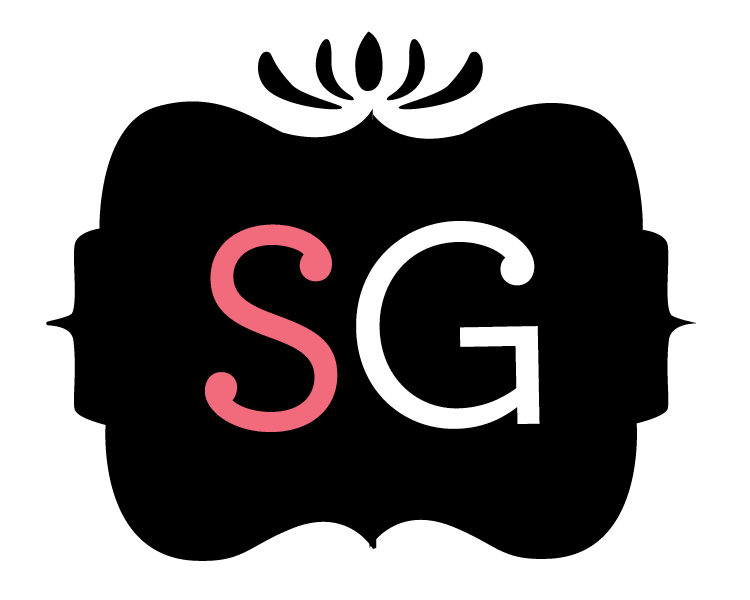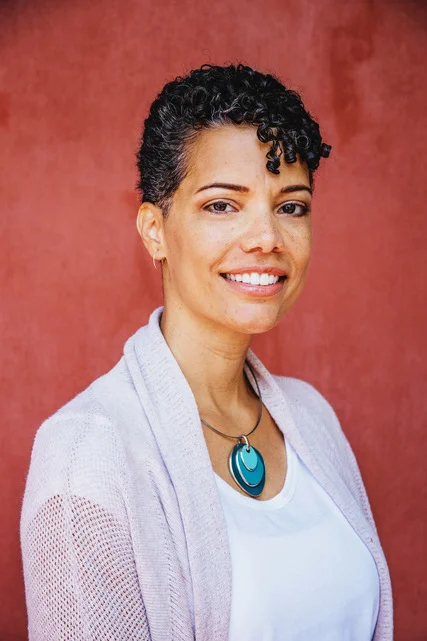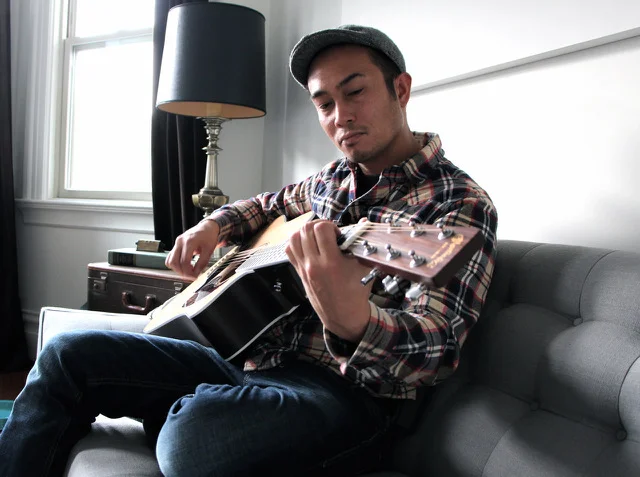Daring to Write: Interview with Erika Martinez
Women of Dominican descent living in the United States and women living in the Dominican Republic wrote the 25 pieces exploring power, migration, economic opportunity, social mobility, and education in Daring to Write: Contemporary Narratives by Dominican Women, edited by Erika M. Martínez and opening with a foreword by Julia Alvarez.
Martínez writes creative nonfiction and poetry and edited the anthology, which took 8 years for her to complete. “Even though it took me many years to share this work with a larger audience,” says Martínez. “I believe the themes covered in Daring to Write are as important as ever.” No doubt. In this interview, Erika shared generously about the details of her process and how parenting has changed it.
Kristy Lin Billuni: Tell me about the road to publication for this book.
Erika M Martínez: I began working on it in 2008 when I received a Fulbright Fellowship to go to Santo Domingo, Dominican Republic to conduct a call for submissions and do literary research.
KLB: That’s actually a perfectly normal amount of time for a book project. I’ve heard the average is 7.
EMM: That may be, but when I began, I thought the project would take me a year or two to complete. I never imagined that I would have to undergo contract negotiations multiple times with several publishers before finding the right one.
KLB: But you did publish it. Congratulations.
EMM: Thanks. Yes, the University of Georgia Press finally published the book in April of 2016.
KLB: I am blown away by the remarkable women writers you have assembled for this project.
EMM: The contributors to the anthology continue to inspire me. It is necessary to hear about the female experience directly from women writers. And as the daughter of Dominican immigrants, I needed to see my parents' homeland reflected in literature.
KLB: Can you say a little about the themes and how they show up in the book?
EMM: The collection is divided into four sections: The People Who Love Me; I'm Not From Here and I'm Not From There; That's Not Me Anymore; and The Countries Beyond. So the narratives examine the human condition. Throughout these pages characters struggle to define themselves, to find love, to transform and transcend.
KLB: Those sound like pretty powerful universal themes.
EMM: Yes, while this all happens within the Dominican cultural context, I believe everyone can connect with the experiences shared here because through the specific we can dive into universal truths.
KLB: Do you identify as a writer?
EMM: I write, and so I am a writer. Since I gave birth to my daughter though, I’ve had very little time to write.
KLB: Is it feeling okay to write less right now?
EMM: I used to be miserable when I didn’t write because I felt like a failure, like I was losing myself.
KLB: But sometimes we need a break. That was a really big project, and you have another big project now. What does writing look like with a toddler in your life?
EMM: Unfortunately a lot of the times when she is asleep I am too tired to write so I sleep. Sometimes I try to write for a short period and then I allow myself a nap. If I push myself to write on little sleep then I lose patience with my daughter and with myself, so I remind myself to maintain a balance, even if balance means 10 minutes of writing and 11 hours and 50 minutes of parenting.
KLB: So your priorities have shifted?
EMM: Yes, I will write more once my daughter goes to school. For now I am devoting myself to a toddler and my free time has to be spent sleeping, eating, showering. My body must be nourished and nurtured in order to work.
KLB: Right. It’s an identity that can stick with you, even when you’re doing other things to keep the writer healthy and happy.
EMM: Exactly. I have had to redefine what it means to be a writer. Even though I am not writing now, I am still a writer. Now I tell myself I am a writer because that is what I feel called to do. Writing often feels like the hardest thing I have ever done (though now, raising a child is the hardest thing I have ever done).
KLB: What part of writing is most challenging for you?
EMM: When I am stuck in a messy revision, sometimes I wish I had pursued another profession, something easier, but then I remember all the years I walked around saying, “I wish I could write a book,” or “When I write a book one day…”
KLB: So writing is your dream?
EMM: I think deep down I’ve always wanted to be a writer, but since I came of age in the United States without ever reading books written by Dominican authors I didn’t think it was possible.
KLB: How did you first overcome that and start letting yourself write?
EMM: I started writing about my life when I was in Teatro Luna, an all-Latina theater ensemble in Chicago. The ensemble members saw me as a writer and that helped me begin to see myself as one.
KLB: Were there any particular writers inspiring you at that time?
EMM: Yes, around that time I read Drown by Junot Díaz and Something to Declare by Julia Alvarez, books that helped me see that my experience was worth writing down.
KLB: So reading is important to your process?
EMM: I devour books. I love to spend hours in bookstores. And then I spend hours and hours into the night reading. Reading is a big part of my process. Books inspire me. They help me imagine what I could do with words. I then do a lot of thinking, and sometimes I get stuck in that phase.
KLB: Can you tell me in detail what it looks like when you write?
EMM: What helps me move fluidly through the work is to do the thinking on the page. I love using ten-minute freewrites to think through things or to generate new material. And I don't mean a blinking cursor on a blank MS Word document. My right hand needs to guide a purple ball-point pen across the blue lines of a white legal pad. Quickly. I write as if I only had ten minutes to get out what I need to say. No pausing until the timer goes off. Once the time is up I can drink my tea and read what I wrote. With the next freewrite I can pick up where I left off, or I can expand on one sentence or fragment from anywhere in the text. I do this over and over again. Once I feel like I need a change, I type up what I've written. Looking at my words on the computer then helps me think about the structure of what I am writing.
KLB: That is one of the best descriptions of the nitty gritty of the writing process I’ve ever heard. Then what happens?
EMM: When I am fully immersed in the process, I am thinking about my writing even when I am not holding my instruments. Then when I sit down to write again I am prepared to revise, either by adding new content, or by removing paragraphs of what I had generated during my last session of freewrites.
KLB: Where do you write?
EMM: I enjoy writing in cafes and at home. I used to always make sure I had an office space at home, but I recently realized that no matter where I moved my desk and office to, I always ended up writing at the dining room table.
KLB: When do you write?
EMM: I no longer try to be rigid about my writing times, mainly because I don't have that luxury. With a kid I have to squeeze in the writing whenever she is asleep or when someone else is watching her.
KLB: What about drafts? And feedback?
EMM: I also try not to be rigid about how many drafts I write or how many writers give me feedback. When I ask others to read drafts of my work I try to tell them what my intentions are and ask for specific feedback so that we can be productive.
KLB: And revision? You mentioned revisions have challenged you in the past.
EMM: Revising is very intuitive now. I ask myself lots of questions and try to find the answers. What is this piece about? What am I trying to say? How can I say it better?
KLB: How do you know when work is finished?
EMM: Sometimes a piece is "finished" because a deadline is upon me and sometimes it is because at that moment in time I feel like I have said what I want to say in the best way that I can.
KLB: How else do you feed yourself as a writer?
EMM: My biggest financial splurges are going on retreats with other women of color. I had the opportunity to go to Mendocino and spend a weekend in a cabin overlooking the Pacific—that was where I finished the introduction to the anthology.
KLB: Any other writer treats you give yourself?
EMM: I also indulge at Staples, buying purple pens and legal pads for my freewrites.
KLB: I love hearing about writers splurging on office supplies. Sometimes we can get downright fetishistic with our pens and paper. You know that I teach writing with sexual metaphor. Do you think writing is sexy?
EMM: Sexy is not necessarily the way I would describe writing. But I do believe that there can be some parallels between the act of making art and the act of making love.
KLB: How so?
EMM: To have a pleasurable experience when making love, it helps to know yourself, to know your body and what makes it feel good; it’s great to know what excites you so that you can guide your lover. In order to write, it also helps to know yourself, to know what works for you.
KLB: I absolutely agree. And both sex and writing are great ways to know ourselves.
EMM: Yes, writers must know under which circumstances they will be able to open up their hearts in order to connect with a partner, the reader. In both cases it’s great to explore, to approach the act with a little sense of play so that you are open to new experiences you had no idea you would love.
I love to talk to writers like Erika M. Martínez about the process of writing. Follow Erika on Twitter, Facebook, and Instagram. Check out Daring To Write on GoodReads and buy it here. To meet more writers in social media, follow me, The Sexy Grammarian, on Twitter or share books with me on GoodReads. Yearning to jump into the writer’s life yourself? My free ebook, Arouse Your Writer Self, will get you going. Want more? Private sessions with me are more affordable than you think, and the first one’s free.

